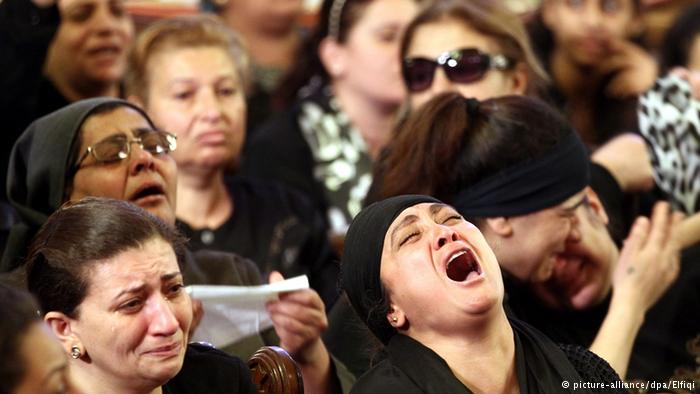A group of 230 Assyrian Christians taken captive by Islamic State terrorists in February may soon be released, as the extremist group recently agreed to significantly lower their demands in the negotiations.
Speaking to Fides News Agency, Syrian Catholic Archbishop Jacques Behnan Hindo stated, “In the first attempted contact through intermediaries there was talk of an exorbitant request, amounting to 23 million dollars (about 100 thousand dollars per hostage) to free Christian prisoners.”
Hindo, who is the head of the archieparchy of Hassaké-Nisibis, told the news outlet that the jihadists decided to decrease the ransom price after it became clear the Assyrian Christian community could not pay the original sum.
“Therefore, now, the biggest obstacle regarding the release of our Assyrian brothers is no longer money, but the difficulty of how to organize the phase of liberation,” the Catholic Archbishop said.
“Four buses would be needed to release the hostages from the place of their seizure to get them back to Hassaké and avoid any danger of attacks. In any case, it would be a delicate operation, which in some way should be agreed with the Syrian army forces and Kurdish militias, so that everything proceeds smoothly.”
As reported by the Gospel Herald, the group of Assyrians were captured earlier this year by ISIS fighters in a raid on 35 different villages along the Khabur River.
The Assyrian Christian community has faced heavy persecution from the extremist group, with leaders suggesting that as many as two-thirds of the Iraqi Assyrian population have fled from the jihadist’s expansion.
In August, ISIS captured Qaryatain in the Homs district of western Syria after heavy combat with the Syrian army. At least 230 people were kidnapped amid the fighting, including at least ten Christian families who were seeking refuge in a church.
Now under ISIS rule, Assyrians remaining in Qaryatian are required to pay the jizyah or jizya tax imposed on non-Muslims, and must abide by a “safety contract” comprised of 11 specific commandments, according to the Syrian Observatory for Human Rights.
The watchdog group listed the 11 stipulations, which prohibit: the establishment of churches, the displaying of crosses, making Muslims hear Christian prayers or rituals of worship, the hiding of spies, offending Islamic religious beliefs, the carrying of weapons, the sale of pork or wine to Muslims, and failing to dress modestly.
The list of rules concluded, “If they comply with these conditions, so they have are safe in their lands, money and souls, and they are not going to pay one-tenth except they bring money to trade from outside the IS territories not oppressor nor oppressed. None of them is going to be punished under a sin committed by another else of them. In case they violate the conditions of this writ, then ‘Islamic State’ is going to deal with them as they deal with people of war (warriors).”
The group has also destroyed many Assyrian archaeological and cultural treasures in an attempt to wipe out traces of what it considers un-Islamic.
In August, ISIS bulldozed a fifth-century Assyrian Christian monastery in Qaryatain after destroying parts of the ancient Assyrian city of Nimrud in Iraq, the capital of the ancient Neo-Assyrian empire in the late 9th century B.C., just months earlier.
“This is a chain
Source: The Gospel Herald World






